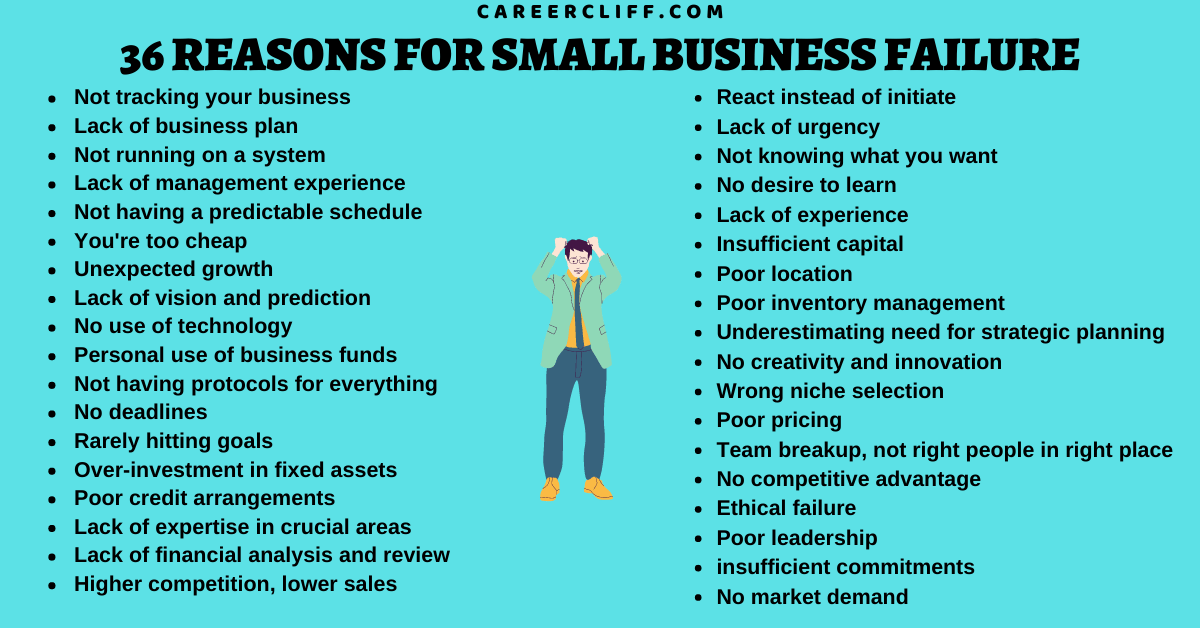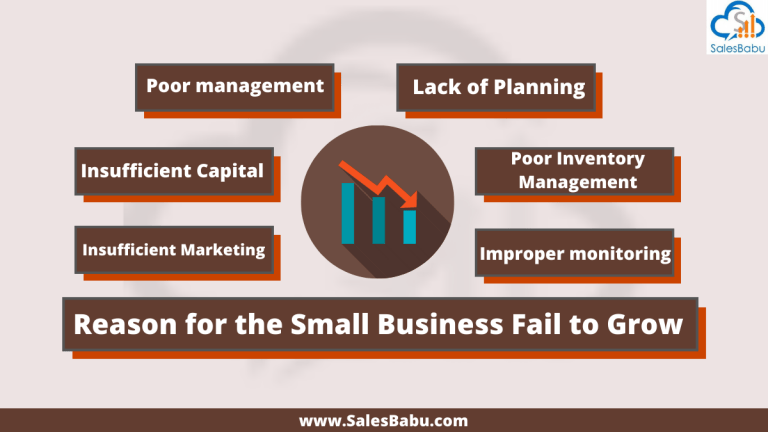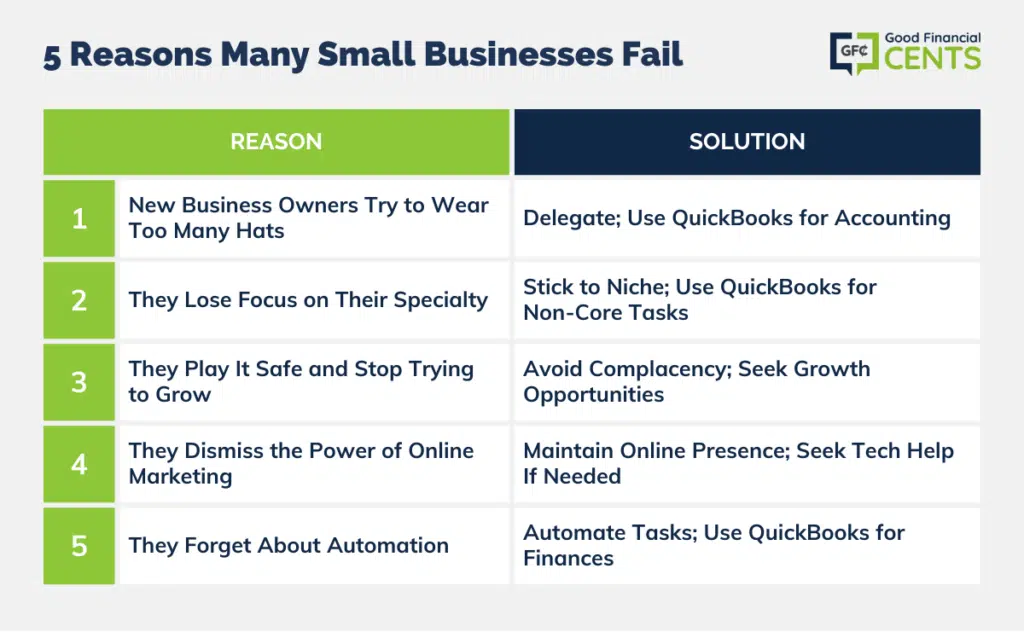List Some Reasons That Many New Businesses Fail

Entrepreneurial dreams often crash against the harsh realities of the business world. A significant percentage of new ventures fail within their first few years, a sobering statistic demanding immediate attention.
Understanding the core reasons behind this high failure rate is crucial for aspiring business owners. This knowledge empowers them to navigate potential pitfalls and increase their chances of long-term success. Ignoring these lessons can be a fatal error.
Lack of Market Need
One of the most common reasons for business failure is a lack of genuine market need. Many entrepreneurs launch businesses based on what they believe customers want, rather than validating their assumptions with thorough market research.
According to a 2023 study by Startup Genome, over 42% of startups fail because there is no market need for their product or service. This underscores the importance of rigorous market analysis before launching a business.
Insufficient Funding
Running out of cash is a death knell for many new businesses. Underestimating startup costs and failing to secure adequate funding are frequent missteps.
CB Insights reports that 29% of startups fail due to running out of cash. Effective financial planning and securing sufficient capital are paramount.
Poor Management
Inexperienced or ineffective management can quickly derail a promising venture. Lacking the necessary skills in areas such as finance, marketing, and operations can be detrimental.
Harvard Business Review consistently highlights poor management as a major contributor to business failures. Strong leadership and a skilled management team are essential for navigating the challenges of a startup.
Inadequate Marketing
Even the best product or service will fail if no one knows about it. Ineffective marketing strategies and a failure to reach the target audience can lead to poor sales and eventual closure.
Many businesses struggle to effectively communicate their value proposition to potential customers. A well-defined marketing plan and consistent effort are essential for success.
Competition
Entering a saturated market without a clear competitive advantage is a risky proposition. Failing to differentiate a business from its competitors can lead to a struggle for market share.
Understanding the competitive landscape and developing a unique selling proposition are critical for survival. Innovating and offering something different is key.
Scaling Too Quickly
Growing too quickly before establishing a solid foundation can overwhelm a business. Expanding operations before the business is ready can lead to quality control issues and financial strain.
Controlled and sustainable growth is crucial for long-term success. Building a strong infrastructure before scaling up is essential.
Ignoring Customer Feedback
Failing to listen to customer feedback is a major oversight. Ignoring customer complaints and suggestions can lead to dissatisfaction and ultimately, lost business.
Actively seeking and responding to customer feedback is essential for continuous improvement. A customer-centric approach is vital for building loyalty and driving growth.
What's Next?
Resources like the Small Business Administration (SBA) offer guidance and support for aspiring entrepreneurs. Accessing these resources can significantly increase the chances of success. Continual learning and adaptation are critical for survival in the dynamic business world.


.jpg)















